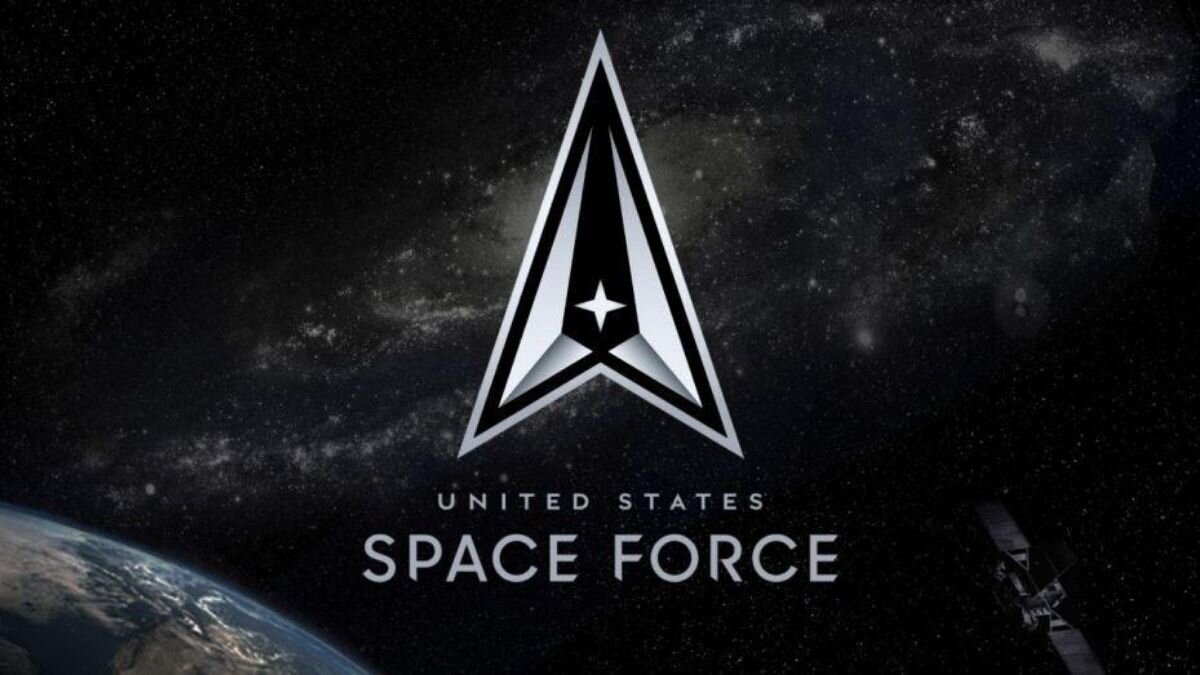Star Trek’s William Shatner makes his argument for why the U.S. Space Force should use Navy military ranks

The United States Space Force
William Shatner has weighed in on the heady subject of military ranks.
The United States Space Force is still in its infancy, and hasn’t yet decided on its rank structure. Naturally, Star Trek’s first captain took it on himself to weigh in on the subject and proclaim his support for using Navy ranks. In an op-ed published on MilitaryTimes.com, Shatner laid out his argument why Captains should be in charge of space vessels, rather than Colonels.
Shatner’s request is actually in line with the U.S. House of Representatives’ views; in July, they signed off on a resolution that would see the Space Force use Navy ranks. That would both help distinguish it from the Air Force, and also align well with the expectation that the Space Force’s activities will end up looking similar to the Navy in terms of logistics and locations. However, since the current Space Force has effectively been transformed from existing Air Force personnel, the temporary ranks would theoretically put a Colonel in charge of a starship. The Space Force itself has not officially confirmed what the permanent ranking system will be.
Ignoring logistics and other practical considerations in his op-ed, Shatner lays out his reason for Navy ranks: “entertainment space history”. He cites several examples of film and television, which preceded actual space flight by decades. Captains, he says, succeed as heroes, while Colonels fail miserably. And while the assertion that the Space Force should follow Navy ranks because of Hollywood is arguably weak, he does also make an appeal on behalf of public sentiment, saying, “If you want the public to believe in heroes [...] you should adopt the Navy ranks as they are the ones the public is most used to being heroes. [...] Just my ‘colonel’ of wisdom.”
The National Defense Authorization Act passed by a presidential veto-proof majority in the House and Senate on July 23rd, but the provision concerning Space Force ranks is only present in the House bill, H.R. 6395. Both congressional chambers are expected to debate the final provisions of the act sometime this fall.






